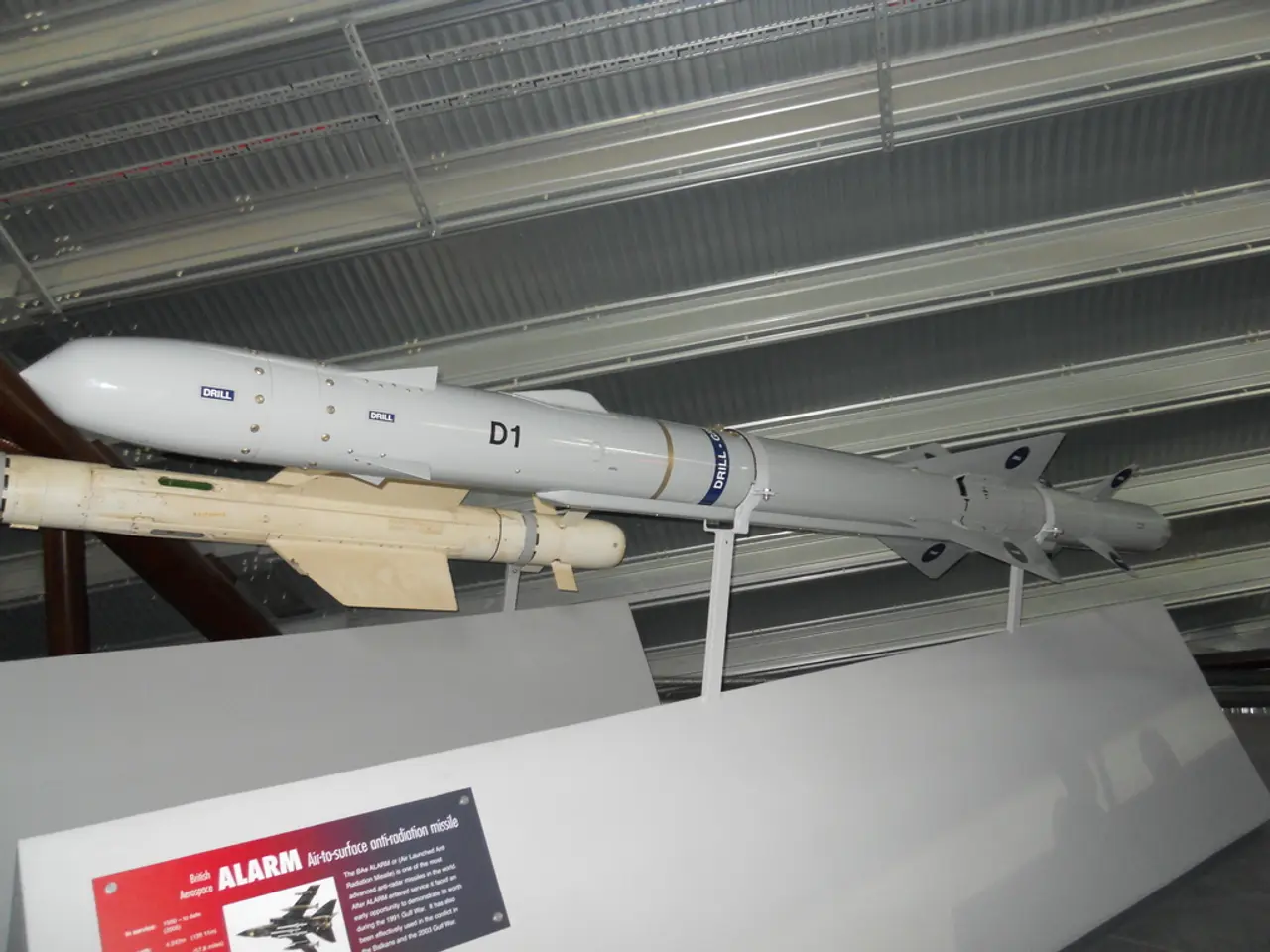MethaneSAT's Command Center Operations
Auckland University's Mission Operations Centre Takes Charge of MethaneSAT
The Mission Operations Control Centre (MOCC) team, stationed at the University of Auckland's Te Pūnaha Ātea - Auckland Space Institute, has assumed responsibility for the monitoring, control, and support of the MethaneSAT satellite. The MOCC's primary objective is to ensure the satellite's mission objectives are met and to provide a national asset for future New Zealand missions [1].
The MOCC is a physical facility that manages satellite operations, including satellite health monitoring, command and control, and mission support. The team has demonstrated key competencies through delivering enduring infrastructure programs, integrating educational programs in climate science, building a national capability in space operations, and collaborating with both domestic and international partners [1].
Chris Jackson, Head of Space Operations and Ground Segment, oversees the MOCC's responsibilities. These include satellite health monitoring, telemetry, control, data handling, collaboration, and capacity-building aligned with MethaneSAT’s science goals. The team is responsible for the health and safety, routine operations, and recovery from potential problems of the MethaneSAT spacecraft [1].
The MOCC team communicates with the satellite and downloads engineering data, including temperatures, voltages, and battery levels, both inside and outside the spacecraft. They also schedule up the imagery for the purpose of monitoring methane, ensuring safety constraints are met, and meeting the needs of the science team [1].
However, operational delays meant that satellite control was not handed over to Te Pūnaha Ātea initially. The team's operational challenges and ongoing efforts at satellite communication and recovery, although recovery was deemed unlikely, became evident when MethaneSAT lost contact in June 2025 [2].
Despite this setback, the MethaneSAT mission data collected while operational is publicly accessible, reflecting the MOCC’s role in providing data to the science community [2]. The MOCC's strategic role in education and capability-building within New Zealand's space sector remains significant, as the team aims to build up expertise and train students to bring through the next generation of spacecraft engineers and scientists [1].
It is worth noting that MethaneSAT is the first international mission for Te Pūnaha Ātea - Space Institute. Despite the loss of the satellite, Te Pūnaha Ātea continues to provide infrastructure and expertise for New Zealand's space industry [1].
The Mission Operations Centre for MethaneSAT is part of the ground segment, which includes antennas around the globe. The ground segment plays a crucial role in collecting telemetry, or satellite data, from ground stations [1]. The MOCC, as part of this system, is a vital component in New Zealand's space exploration endeavours.
[1] University of Auckland. (n.d.). Mission Operations Centre for MethaneSAT. Retrieved from https://www.auckland.ac.nz/en/about/news-events/news/2021/02/mission-operations-centre-for-methanesat.html
[2] University of Auckland. (2025, July 1). MethaneSAT satellite lost contact. Retrieved from https://www.auckland.ac.nz/en/about/news-events/news/2025/06/methanesat-satellite-lost-contact.html
The MOCC at Auckland University's Te Pūnaha Ātea - Auckland Space Institute, being a crucial part of New Zealand's space exploration endeavors, has integrated educational programs in climate science and focuses on building a national capability in space operations, merging science, space-and-astronomy, and technology. The MOCC team's efforts in capacity-building and collaboration are aimed at aligning with MethaneSAT’s science goals and supporting future New Zealand missions.
The MOCC's strategic role in education and expertise-building within New Zealand's space sector remains significant, as they aim to train students in science, space-and-astronomy, and technology to become the next generation of spacecraft engineers and scientists, thereby ensuring continued innovation and advancement in these fields.




